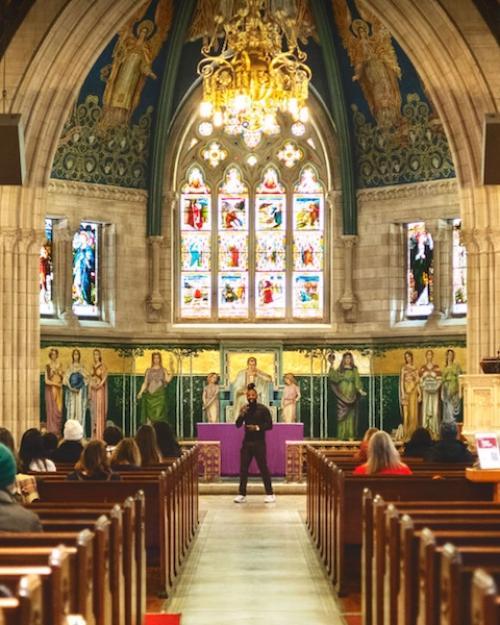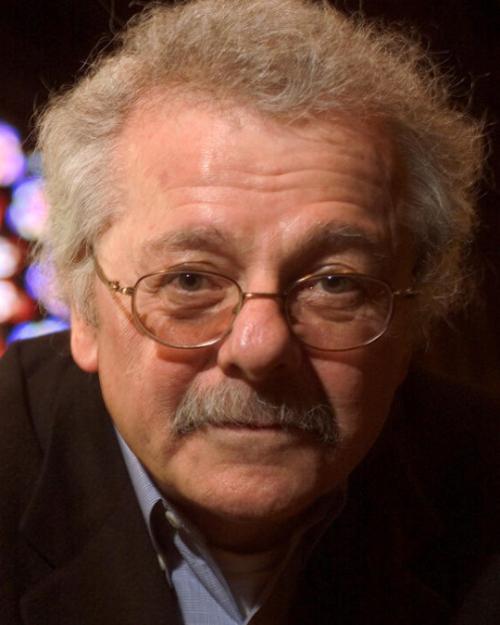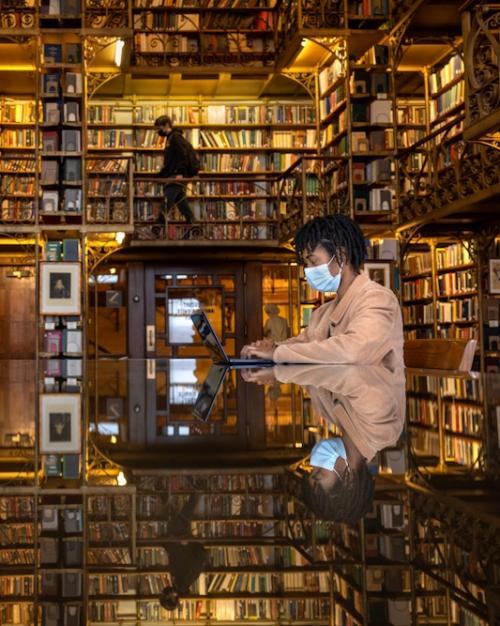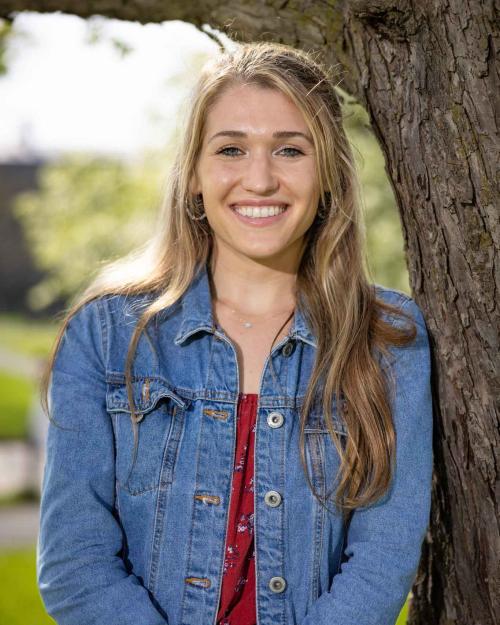Elizabeth Rene
Government & American Studies
Los Angeles, Calif.
Why did you choose Cornell?
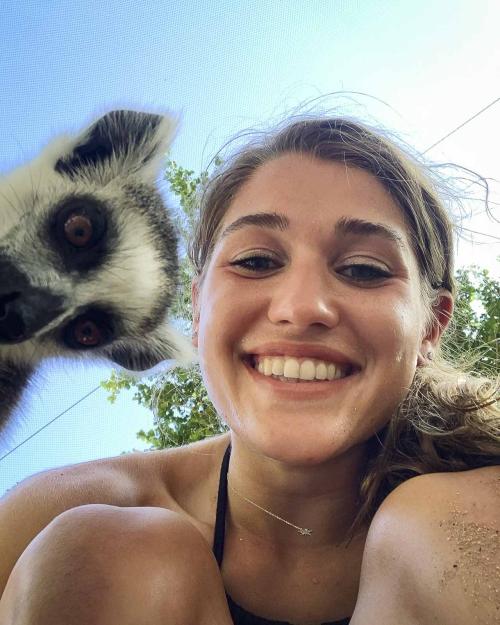
Having grown up in Los Angeles, though I never experienced the Rodney King riots firsthand, I’ve always been fascinated by social movements. The Willard Straight Hall takeover in 1969, for instance, has also always been of much interest to me, where students were able to get their demands met by faculty who had largely defaulted on their role in terms of supporting minority students. Given Cornell has had a history of students advocating for political change through demonstration, I took particular interest in applying here. I believe that universities play a substantial role in fostering the civic responsibility of students, however, this can only be truly achieved by empowering students to actively contribute for social change.
What was your favorite class and why?
My favorite class was definitely Civil Disobedience, which is taught by Professor Alexander Livingston, who I was lucky to have advise my thesis. In high school, my understanding of government did not necessarily go further than what material was published in outdated textbooks. A lot of the material in high school portrayed our government as a flawless beacon of democracy. Of course, you don't even have to look that far back in history to find that this is far from the case. The summer prior to starting Cornell, I had to leave work early as the nation rightfully erupted in demonstrations following the killing of George Floyd. This instance of protest, I felt, spoke to the profound gap this country has between the democratic principles it preaches and the practices of discrimination it nevertheless continues to permit. My reason for finding Civil Disobedience so engaging was that it did not shy away from acknowledging this gap. Instead, it focused on the ways the narrative of the Civil Rights movement gets sanitized, while nonviolent protestors continue to face repression from authorities.
What are the most valuable skills you gained from your Arts & Sciences education?
Cornell instilled in me the notion that everything is done on the basis of your own intuition. At first, this can seem quite daunting. However, I quickly learned that this skill is beneficial for making the most of the resources you have around you — whether it's establishing relationships with professors, joining clubs or simply going to a dining hall with your friend. I also learned that it is completely normal to change paths or interests throughout your undergraduate experience. Prior to Cornell, I was completely immersed in track & field and was pretty set on running under a Division 1 program. However, as I picked up different interests during freshman year and wanted to commit more time to law school preparation, I made the tough decision of quitting the team at Cornell. By no means have I stopped running, as I love running with friends through Ithaca trails. I simply decided I wanted to shift my energy elsewhere.
What have you accomplished as a Cornell student that you are most proud of?
I just submitted my thesis on the originalism of Clarence Thomas and Antonin Scalia. I was definitely daunted by the amount of work at first, but with the support and guidance of my thesis advisor, I not only improved my writing but also was able to further explore areas of constitutional law that I am passionate about.
Who or what influenced your Cornell education the most?
The vibrant community surrounding me, within both clubs and classes, probably had the greatest influence on my Cornell education. Interacting with students from diverse majors and backgrounds exposed me to many different perspectives and passions. I've consistently found inspiration not only in professors but also in the student body. In tandem, both foster an environment of intellectual collaboration and growth.
Every year, our faculty nominate graduating Arts & Sciences students to be featured as part of our Extraordinary Journeys series. Read more about the Class of 2024.


